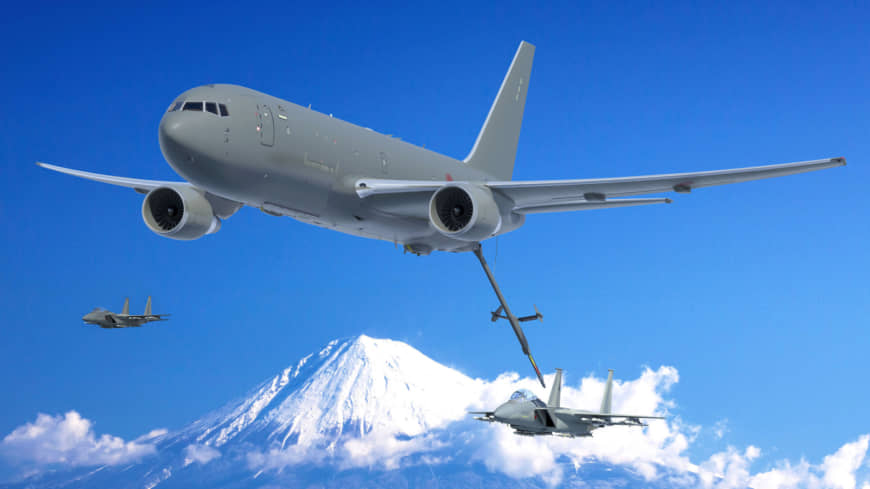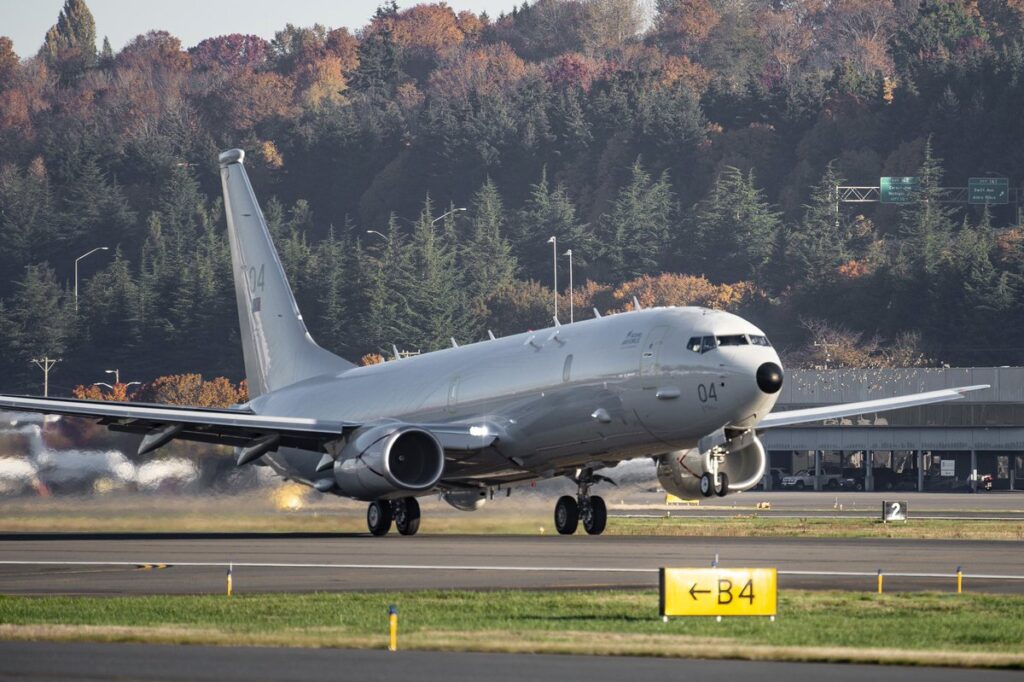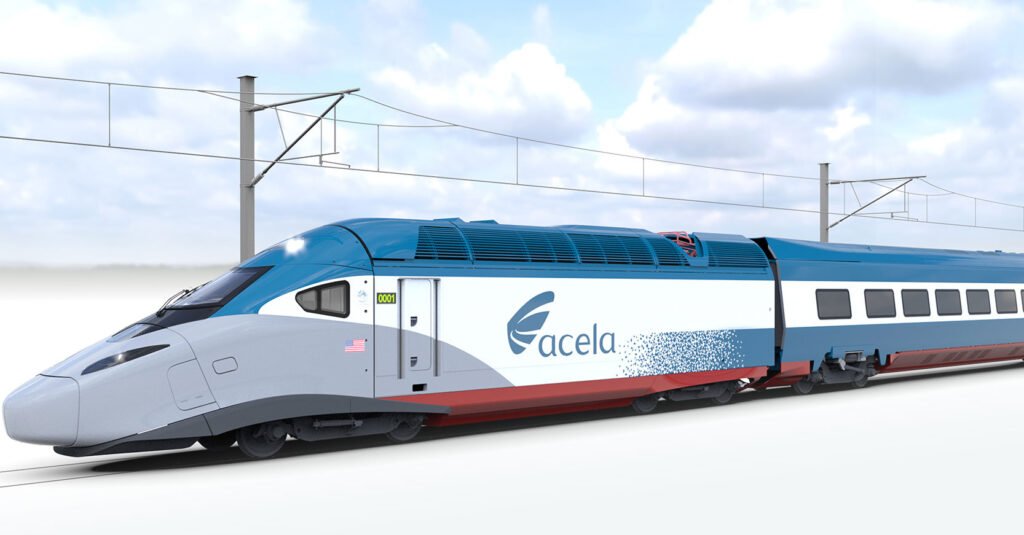Hitachi and Alstom Win Order to Build and Maintain High Speed Two Trains in Britain
Alstom (OTC: ALSMY) and Hitachi Rail have today confirmed that the Hitachi-Alstom High Speed (HAH-S) 50/50 joint venture has signed contracts with High Speed Two (HS2) to design, build, and maintain the next generation of…







